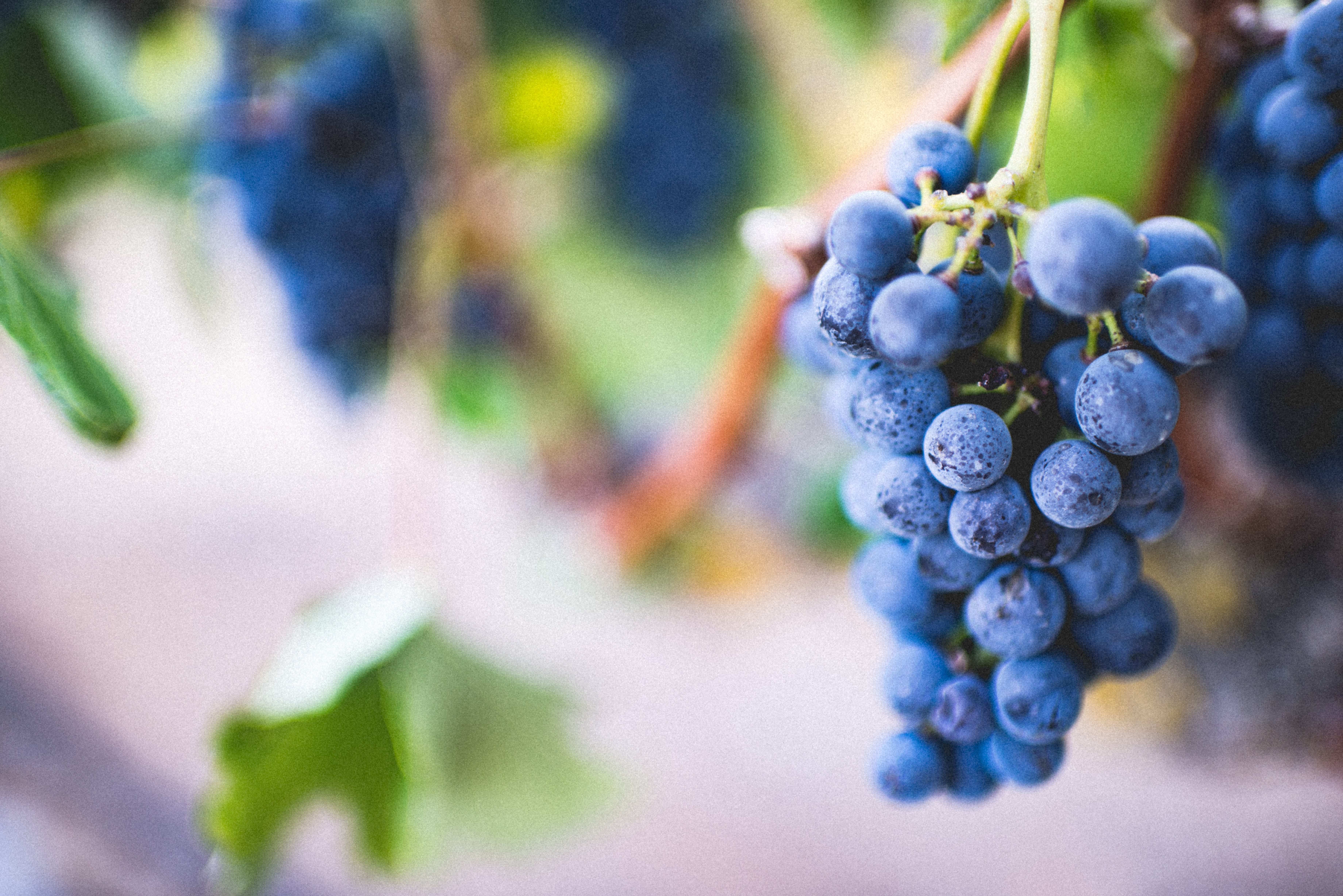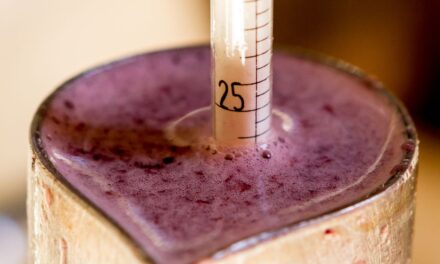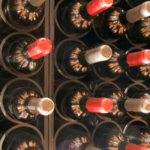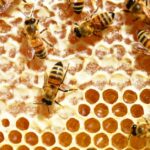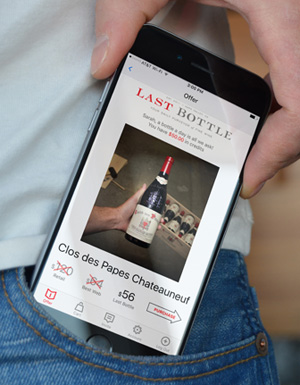At Last Bottle, drinking is part of the job description. We taste hundreds of wines for our Daily Offers, and some of them are just too good for the spit bucket. With this great responsibility comes a need to dampen the receiving end of a long day’s work. Luckily, we’re trained experts, and today we’re sharing some accumulated wisdom on how to fight and prevent hangovers.
Try these tips to keep away (or at least minimize) the mind-numbing, bone-aching, soul-crushing effects of a hangover.
Understanding the Hangover
A hangover is more than just a headache; it’s a complex physiological response to excessive alcohol consumption. When you indulge in alcohol, your body metabolizes it into acetaldehyde, a toxic compound that contributes to the hangover symptoms. Additionally, alcohol dehydrates the body, leading to that pounding headache and a parched feeling.
The Stages of a Hangover
The Initial Impact: This stage occurs during and immediately after drinking. It’s marked by euphoria and reduced inhibitions.
The Crash: Once the alcohol wears off, you experience a sudden drop in energy and mood, often accompanied by nausea.
Hangover Hell: The morning after the party, you’re hit with the full-blown hangover. Symptoms include headache, fatigue, nausea, and a general sense of malaise (aka the Sunday scaries).
Phase 1 – Before You Start Drinking
As the wise Benjamin Franklin said, “An ounce of prevention is worth a pound of cure.” This is true as ever when it comes to hangover prevention. The key to beating a hangover is to fight it before it starts, that is, before your first drink.
Pop Some NAC
Think of this stuff as a street sweeper for your liver.
At least 30-60 minutes before your first drink, take around 500-1000mg of NAC, short for n-acetyl cysteine. This is a key ingredient in many of the all-in-one hangover remedy pills and fancy supplements available today.
We aren’t biochem experts, but here’s what we do understand: your liver breaks down alcohol into a toxic compound called acetaldehyde. Then your liver uses something called glutathione to convert acetaldehyde into a harmless substance. NAC helps your body produce more glutathione, which in turn helps your liver clean alcohol’s toxins from your system.
But proceed with caution, folks. Like anything you consume– it’s possible to overdo it. Stick to the instructions on your NAC supplement instructions, and chat with your doc if you have any concerns.
Japanese Raisin Tree Extract
This stuff has been used for hundreds of years in Asia. Japanese Raisin Tree extract contains a compound called dihydromyricetin (DHM) that has a solid history of scientific tests and clinical trials suggesting it helps your liver metabolize alcohol and reduces feelings of intoxication.
In the most cited animal study, scientists got a bunch of rats really drunk, giving them the equivalent of 20 beers in two hours. Then they flipped the little guys on their backs and waited to see how long it took them to upright themselves. After 70 minutes the rodents finally found their feet again, but still seemed pretty tore up. Next they administered the same amount of alcohol laced with DHM into another group of rats, and repeated the test, only this time the rats were up and running again in just 5 minutes!
Other studies have shown taking DHM helps lower blood alcohol content faster, and DHM is a key component in popular anti-hangover supplements. You can opt for the mixed supplements, or take a straight DHM supplement, available over the counter at drug stores and on Amazon.
Milk Thistle
Milk thistle has long been touted as a wonder supplement for the liver, and it works in a similar way as NAC, bringing both anti-oxidant and anti-inflammatory properties into the mix. Like NAC, it helps produce more glutathione, which helps clear toxins from your liver. It’s worth noting however, that many studies recommend a 30-day regimen of milk thistle to get the best effects. Milk thistle comes in teas as well as liquid extracts and pills.
Hydrate and Fuel
Though it may seem obvious, this is a fundamental point worth mentioning. Eat a decent meal and drink 16+ ounces of water before drinking alcohol. This will give you a cushion in your gut so the alcohol won’t hit as hard.
Phase 2 – While You’re Drinking
Avoid Dark Alcohol
The type of alcohol you drink will impact how you feel the morning after. A major factor in hangovers are congeners, which are substances other than the desired alcohol (ethanol) produced by the fermentation process. Congeners include substances such as methanol acetone, acetaldehyde, esters, tannins, and aldehydes.
Darker alcohol tends to be higher in congeners, with the exception of tequila (which along with brandy has the highest amounts of congeners of any other alcohols). Tequila and brandy are followed by red wine, bourbon, dark rum, and whiskey, and scotch. Alcohols with lighter congener content include light rum, white wine, gin, and vodka.
Drink Water
Drinking water is the obvious move, but we will extol the benefits of hydration on any soap box we climb onto. If you can muster the discipline, enjoy an 8 oz glass of water between drinks. On a practical level, this slows down the rate at which you consume alcohol. On a physical level, it helps you stay hydrated.
Your brain contains a lot of water, and when you’re dehydrated, it tends to shrink a bit. And when coupled with inflammation from too much alcohol, will make for an even worse headache in the morning.
Phase 3 – The Morning After
Forget Gatorade, Grab a Coconut Water
Gatorade’s marketing efforts might have you convinced it’s the best choice for athletes and boozehounds alike, but the truth is you should have a case of coconut water on hand to prevent hangovers. It’s the real post-drinking MVP.
Coconut water has twice the number of electrolytes that Gatorade has, as well as a host of other healthy vitamins to help replenish your dehydrated system. It also contains as much potassium as a banana, and plenty of antioxidants to help combat the oxidative stress that alcohol induces on your body. Bonus, it doesn’t have the citric acid and sugar that Gatorade contains, so it’s a bit healthier and can help you prevent hangovers even faster.
Settle Your Stomach With Ginger
If you’re feeling nauseous, taking a small dose of ginger might offer the quickest relief. The Last Bottle tasting team is partial to those chewy Gin Gins candy, but a ginger shot or some ginger tea will work even better. Or if you’re super hardcore, chew on a piece of raw ginger to curb your nausea.
Hit Snooze
Get every last minute of sleep possible before you awake to the blinding light of day.
Heavy drinking affects your ability to slip into deep REM sleep and that means you wake up feeling tired. Some folks might advise getting up early so you can start battling the hangover, but sleeping in will ultimately help the most.
Take Aspirin, Not Tylenol
Drinking a lot of booze has been shown to cause inflammation in your brain, which is one reason your head is pounding the next day.
Some aspirin (please note, do NOT take acetaminophen, AKA Tylenol, which is super bad for your liver when combined with alcohol) will help dull the throbbing pain. While the best thing we can do for our liver is to avoid overdrinking and taking NSAIDS in the first place, Tylenol is by far the most toxic to the liver.
Aspirin and ibuprofen both actually fall into the “low” category for hepatotoxicity. The NIH gives ibuprofen the thumbs-up, stating that “ibuprofen has a recognized anti-inflammatory, analgesic and antipyretic property and is one of the most commonly NSAIDs used worldwide. It is characterized by a high safety profile and very low liver toxicity incidence.”
The Greasy Meal
Pliny the Elder suggested eating raw owl eggs or a fried canary. Ancient Greeks ate sheep lungs; Mongolian’s opted for pickled sheep eyes in tomato soup; Sicilians went for pizzle (or bull penis) after a boozy night. You may be feeling squeamish, but the throughline between all of these ancient remedies is vitamins. Every one of these hangover cures is a heavy, oily meal, rich in vitamins and nutrients.
Whatever you’re opting for after a night of heavy drinking, make sure it’s substantial– this is not the time for an acai bowl. Be it biscuits and gravy, leftover pizza, a gigantic breakfast burrito, gyros, or a burger and fries.
While we do have a proclivity to reach for greasy foods to cure a hangover, there is no scientific evidence to prove that grease helps soak up alcohol or aid your liver. It’s likely that the alcohol in your gut has already been digested by morning. However, greasy foods (or any carb-heavy meal) will remedy low blood sugar caused by alcohol consumption. Consuming heavy foods after a hangover will ease any morning-after tremors, anxiety, increased heart rate, and sweating.
But beyond that, greasy food just feels right when you’re in a hangover-state, and there’s a chemical reason behind it. Alcohol consumption increases the production of galanin, a neuropeptide that does loads of things for your body, like modulating serotonin and dopamine, and inhibiting the secretion of insulin. But all you need to know from us is that galanin will increase your appetite for fats, which is why greasy food is so neurochemically delicious after a night of drinking.
So, our advice? Eat what feels right the morning after, and lean into those greasy cravings! Get your carbs, and refuel your bod– it’s been working overtime to compensate for your night out.
Skip the Gym
If the hangover is impossible to ignore, you’re better off taking it easy than you are exerting yourself. While there is evidence to suggest that you can sweat out alcohol, the booze that leaks out of your pores in that wretched workout is totally insignificant, and won’t do much for your recovery.
We get it, some people are both wine lovers and gym rats. We won’t knock your hustle. If you have a workout scheduled that you just can’t miss, be sure that you are hydrated, like, really hydrated. If not, your workout will do more harm than good.
The Hair of the Dog
The Hair of the Dog is the age-old technique of consuming alcohol to cure a hangover. Your college roommate may have preached its benefits– but The Hair of the Dog is just fluff. Consuming more alcohol may provide temporary relief, but will ultimately make your hangover worse.
In Conclusion
Fighting hangovers is all about being prepared and making smart choices. By following the advice in this guide, you can significantly reduce the impact of a hangover and ensure that you wake up feeling refreshed and ready to tackle the day. Remember, moderation, hydration, and proper nutrition are your allies in this battle, but opting for a premium wine at 30-70% off won’t hurt either.


